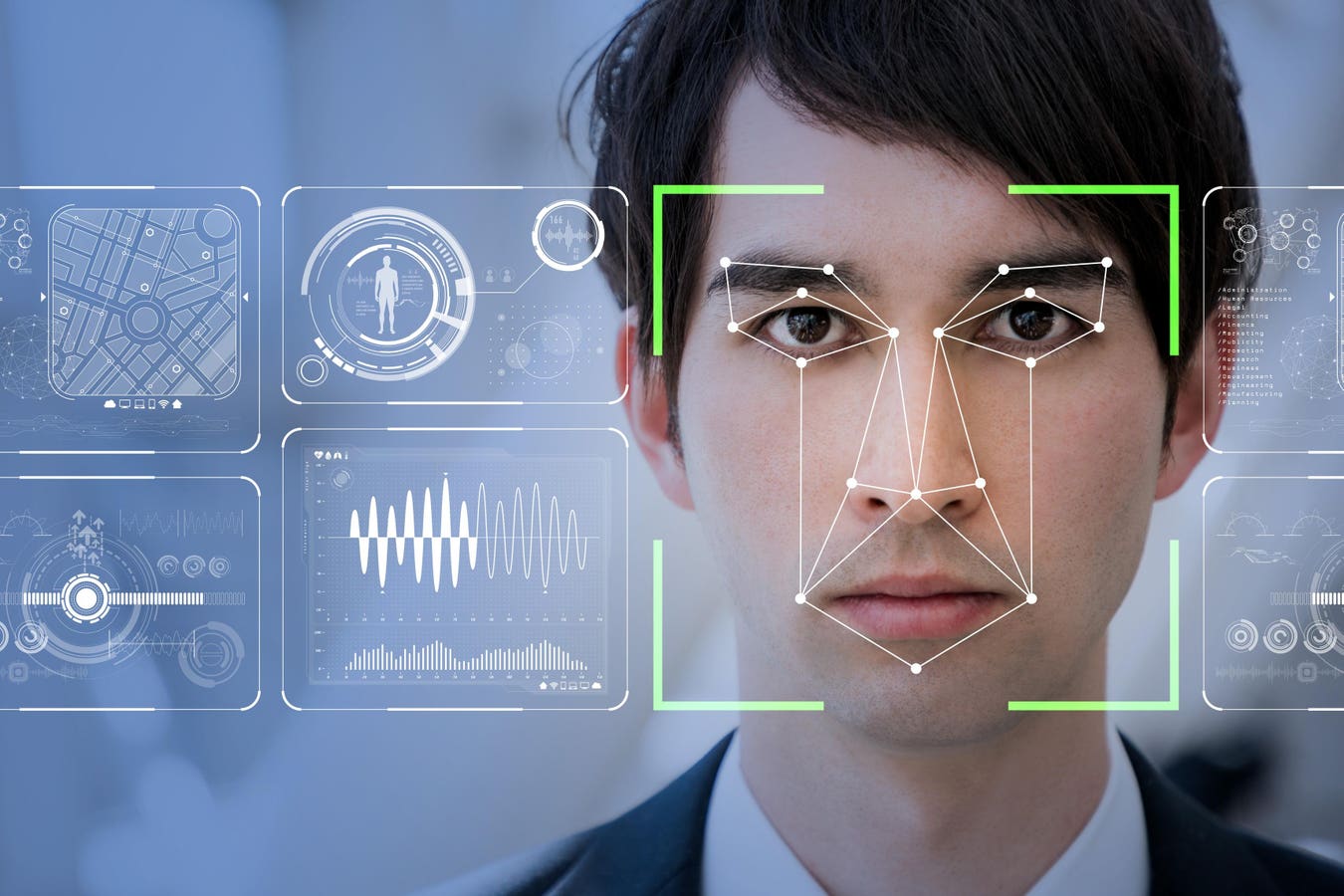Physical Address
304 North Cardinal St.
Dorchester Center, MA 02124
Physical Address
304 North Cardinal St.
Dorchester Center, MA 02124

Facial Recognition System concept.
Artificial Intelligence is reshaping cybersecurity and digital privacy, promising enhanced security while simultaneously raising questions about surveillance, data misuse, and ethical boundaries. As AI-driven systems become more embedded in daily life—from facial recognition software to predictive crime prevention—consumers are left wondering: where do we draw the line between protection and overreach?
The same AI technologies that help identify cyber threats, streamline security operations, and prevent fraud are also capable of mass surveillance, behavioral tracking, and intrusive data collection. In recent years, AI-powered surveillance has come under scrutiny for its role in government tracking, corporate data mining, and law enforcement profiling. Without clear regulations and transparency, AI risks eroding fundamental rights rather than protecting them.
Despite promising advancements, there is no shortage of examples where AI-driven innovations have backfired, raising significant concerns.
Clearview AI, a facial recognition company, scraped billions of images from social media without consent, creating one of the world’s most extensive facial recognition databases. Governments and law enforcement agencies worldwide used Clearview’s technology, sparking lawsuits and regulatory action over mass surveillance.
The UK’s Department for Work and Pensions employed an AI system to identify welfare fraud. An internal assessment revealed that the system disproportionately targeted individuals based on age, disability, marital status, and nationality. This bias led to certain groups being unfairly selected for fraud investigations, raising concerns about discrimination and the ethical use of AI in public services. Despite previous assurances of fairness, the findings have intensified calls for greater transparency and oversight in governmental AI applications.
While AI enhances security by identifying risks and threats in real time, its deployment must be handled carefully to prevent overreach.
Kevin Cohen, CEO and co-founder of RealEye.ai—a company specializing in AI-driven intelligence for border security—emphasizes the dual-edged nature of AI in data collection. Cohen says technology can streamline immigration processes, enhance national security, and address fraud while ensuring that countries remain welcoming destinations for legitimate asylum seekers and economic migrants.
Cohen advocates for the integration of biometric verification, behavioral analytics, and cross-referenced intelligence to help authorities quickly identify patterns of fraud, inconsistencies in visa applications, and links to known criminal networks. He stresses that while AI can significantly bolster security infrastructure, its deployment must be accompanied by strict guidelines to prevent misuse and ensure public trust. Companies must build processes and routines to prioritize consumer privacy, not just as a compliance requirement but as a core component of their ethical commitment to users.
Here are some examples of AI-driven security technologies that strike a balance between protection and user privacy:
Governments around the world are working to regulate AI to ensure its ethical deployment, with several key regulations directly affecting consumers.
In the European Union, the AI Act, set to take effect in 2025, categorizes AI applications based on risk levels. High-risk systems, such as facial recognition and biometric surveillance, will face strict guidelines to ensure transparency and ethical use. Companies that fail to comply could face heavy fines, reinforcing the EU’s commitment to responsible AI governance.
In the United States, California’s Consumer Privacy Act grants individuals greater control over their personal data. Consumers have the right to know what data companies collect about them, request its deletion, and opt out of data sales. This law provides a crucial layer of privacy protection in an era where AI-driven data processing is becoming increasingly prevalent.
The White House has also introduced the AI Bill of Rights, a framework designed to promote responsible AI practices. While not legally binding, it highlights the importance of privacy, transparency, and algorithmic fairness, signaling a broader push toward ethical AI development in policymaking.